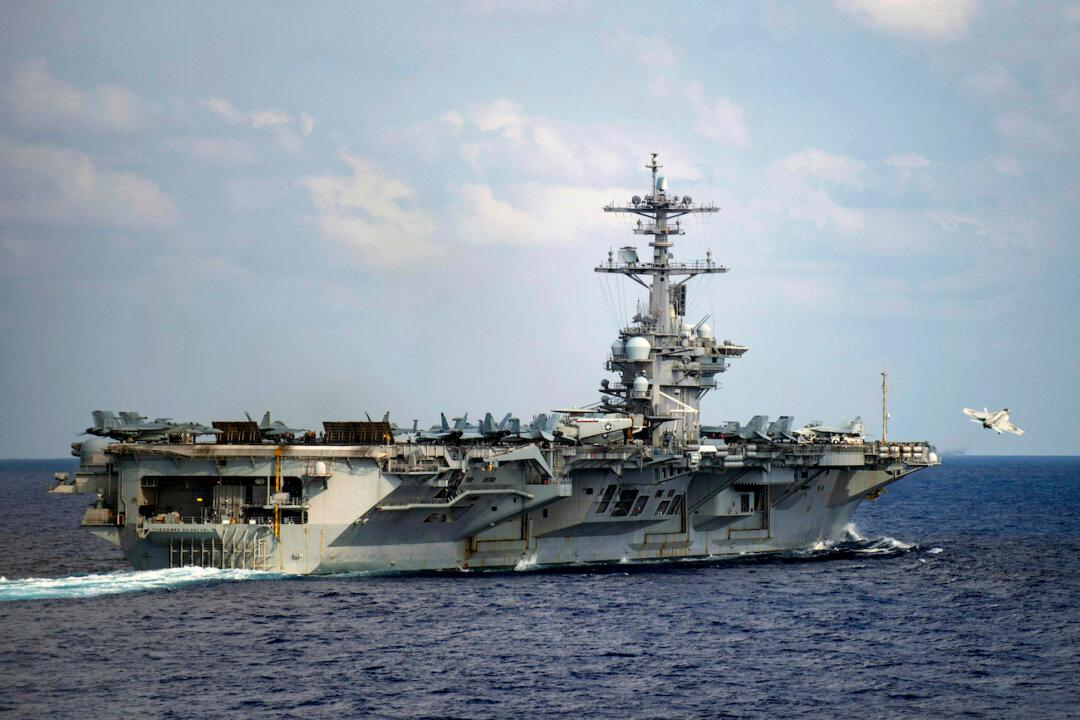The U.S. Navy will not be reinstating Capt. Brett Crozier as the USS Theodore Roosevelt’s commanding officer after he was relieved for breaching protocol when asking Navy officials to pull crew off the ship amid an outbreak of the CCP virus that occurred in late March.
Adm. Mike Gilday, chief of naval operations and the Navy’s top officer, announced the decision following an in-depth command investigation by Adm. Robert Burke into circumstances surrounding the outbreak of the CCP (Chinese Communist Party) virus, which causes the disease COVID-19, that struck personnel aboard the USS Theodore Roosevelt.




